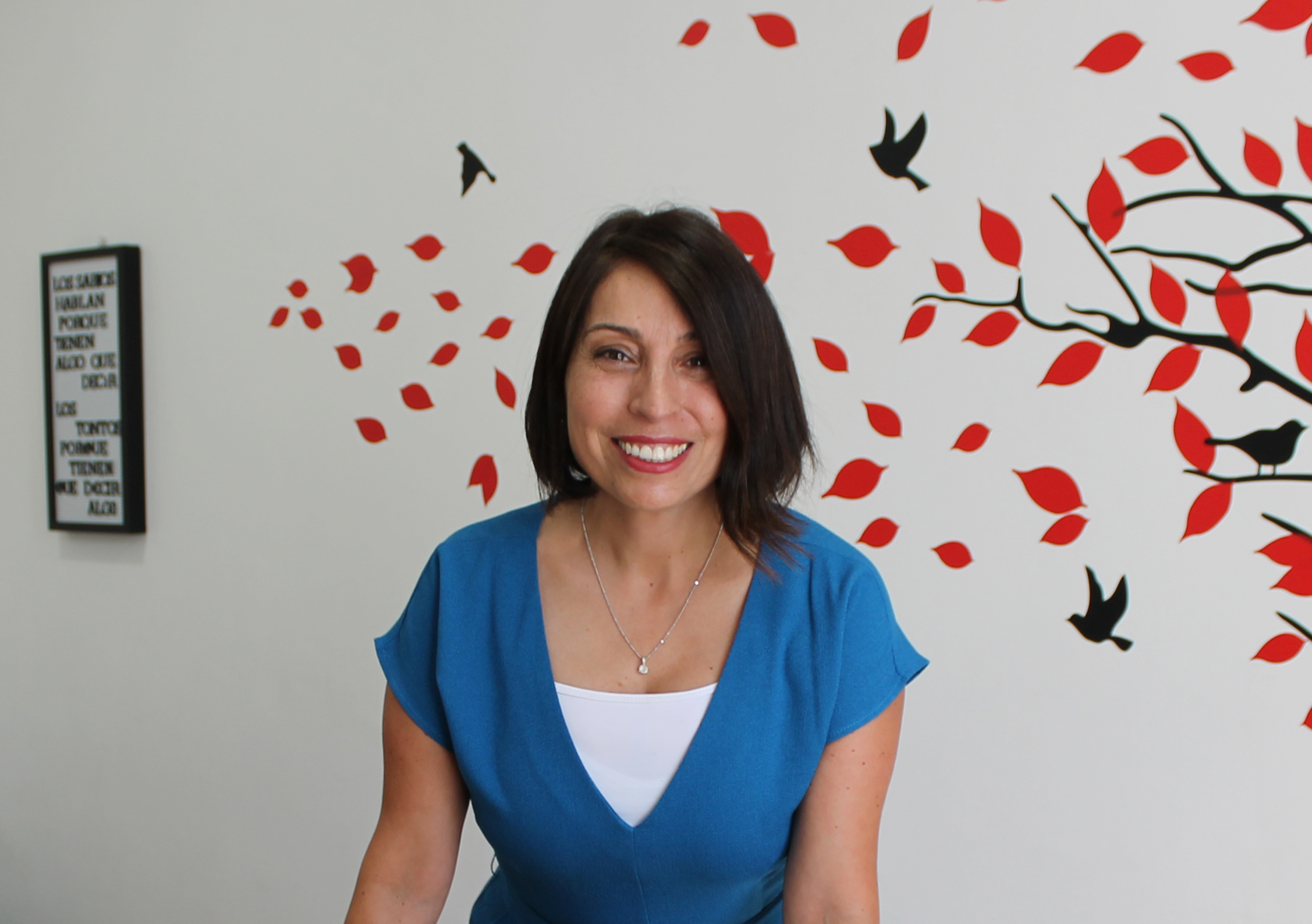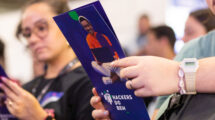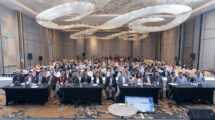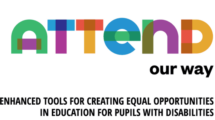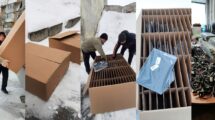REUNA is the National Research and Education Network of Chile. In conjunction with the celebrations of REUNA’s 25th anniversary, CONNECT speaks with Paola Arellano about the Chilean NREN’s role within the Latin American network RedCLARA and the global Research & Education community.
Paola, tell us about life at REUNA
Today, at REUNA, we are working on a major technological upgrade of the high-speed optical networks for R&E in Chile. We aim to reach all the country’s geographical areas: from the driest desert in the world in the north, to the south, very close to Antarctica. This major initiative is being carried out by REUNA’s professional, committed and gender-balanced team. From this standpoint, I like to think that our organisation is quite disruptive if one considers the prevalence of male leadership roles in the ICT sector. In fact, at REUNA, 50% of the workforce is made up of women and several of them are in senior management roles. I am also convinced that diversity, as well as gender balance, plays an important part in the enrichment of any organisation by bringing creativity and variety, some of the fundamental values that we need in order to face the digital revolution. I believe that Chile has every attribute to become a world-class platform for scientific development, and this is why at REUNA we are working solidly to ensure that every researcher, teacher and student in the country has access to optimal technological conditions to allow them to collaborate, interact and, above all, be the protagonists of ambitious projects about global reach.
This year marks REUNA’s 25th anniversary, how are you planning to celebrate?
We started celebrating our anniversary in April, with the launch of the second phase of the new Super Digital Highway with the addition of new fibre to the first segment launched in 2018. We have now reached a total of 1,650 km of lit optical network with 100Gbps channels that allow us unlimited growth potential, covering a distance equivalent to half the length of Chile, reaching a total of network length of 8,500 km across the country. This makes REUNA a leader in Latin America for high-quality connectivity for R&E. We hosted an intimate ceremony in the home of REUNA and aim to close this cycle of celebrations with the General Assembly of Partners event which will be held later in the year in the beautiful city of Valdivia, in southern Chile. On an infrastructure level, we want to celebrate the start of the next quarter of a century with the expansion of our new optical network to Antofagasta in the north, where the European Southern Observatory’s (ESO) main equipment and the ALMA radio telescope are located. You can learn more about our anniversary celebrations on a special edition of our magazine at: https:// www.reuna.cl/publicaciones/
What does it mean for REUNA to be part of RedCLARA and the global R&E community?
In 2004, in a joint initiative with the Latin American countries and the European Commission, we actively participated in the creation of the Latin American network, RedCLARA, where Chile was the first country to connect to this new regional digital infrastructure. This regional effort, led by RedCLARA, not only represents an achievement in communications, but is a key milestone in the collaboration between the countries in the region and the rest of the world. And it is not by chance that Latin America has an enormous potential in global research: subjects such as climate change, earthquakes, biodiversity and natural disasters, to name just a few, make our continent a great natural laboratory. It is critical to have digital bridges for big data that bring together researchers from the same region and around the world. I still remember the words of ESO’s former Director General Tim de Zeeuw on the launch of Evalso, 10 years ago: “Our world- class scientific observatories need a state-of-the-art infrastructure.” Mario Campolargo, Deputy Director-General, DG Informatics, European Commission said: “It is strategically important that the astronomy community in Europe has the best possible access to ESO observatories: this is one of the reasons why the European Union supports the deployment of regional e-infrastructures for science in Latin America and connects to GÉANT and other e-infrastructures in EU countries”. Today, 10 years later, we are in a new phase, directly connecting two continents through the BELLA Programme.
Can you talk to us about REUNA’s involvement in BELLA and its impact in Chile?
REUNA is strongly committed to the implementation of this impressive initiative, which seeks to reduce the digital divide, deliver strategic infrastructure for the development and expansion of education, and strengthen the possibilities for our communities to carry out outstanding research. Particularly in areas where Chile has a comparative advantage such as astronomy (by 2025 Chile will host 70% of the world’s astronomical infrastructure in terms of investment with ESO as one of the major players), Antarctic sciences (Chile is only 1,000 km from the Antarctic peninsula), glaciology, oceanography, climate change, and natural disasters, to name just a few. Within this framework, some of the objectives we seek with BELLA are: support the creation of nodes of the Copernicus project in Chile, strengthen the participation of our country in the CERN ATLAS project, promote the installation of new telescopes, deploy new and innovative services developed with a global vision such as eduroam and opening unprecedented research possibilities for our scientists, regardless of their geographical location.
About Paola
With an MBA from the University of Chile, and a degree in Industrial Engineering from the Pontifical Catholic University of Chile, I acquired extensive experience working in the management of national and international R&D & Innovation and ICT projects in science and academia for more than 15 years. In 2005 I was appointed the Executive Director of the National University Network Corporation, REUNA. I was soon faced with the challenges of strengthening the use of advanced technologies and networks for the development of science and education in Chile and REUNA’s consolidation. I am proud to say that today REUNA connects the best universities in the country, the main astronomical observatories, and many other research centres and higher education organisations. Most importantly, I am the lucky mother of two beautiful teenagers, Rafaella and Bruno. I really enjoy trekking and hiking in Chile’s beautiful mountains.
